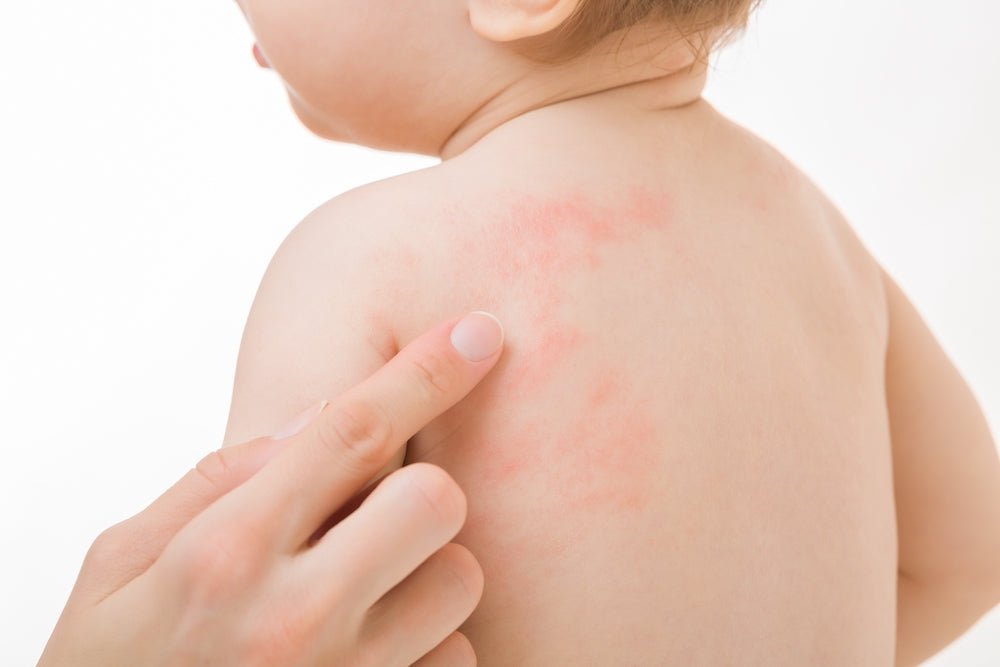Skincare is health care! Let's count the ways

Skin is our largest organ and performs an important function, and especially for children, skincare is healthcare.
Upon birth, a baby's immune system is fragile, developing strength over time and typically approaching maturity when we're between 5 to 7 years old. Kids get sick more often and harm to their immunity can potentially result in repercussions in their future.
What we often overlook is that our skin acts as the body's primary protection against external dangers, such as pathogens, allergens, and environmental toxins. Skin is our largest organ and performs an important function, and especially for children, skincare is healthcare.
Here's Shoosha’s guide aimed at assisting parents in caring for their babies' skin.
Protect skin as our first line of defense
Products with abrasive or irritating ingredients can damage the skin barrier, causing inflammation, redness, and allergic responses. Products that contain toxic chemical contents might not have an instantaneous impact on the immune system, however, they can compromise the health of your skin. In both cases, the skin's defensive capabilities against bacteria, environmental toxins and allergens are weakened.
Avoiding skincare products This is particularly important for products like cleansers and moisturizers which are the essential in babies’ skincare regimen. Whenever possible, choose from organic products which are gentler and safer. They aid in nurturing and protecting your skin, reinforcing its barrier function.
Be mindful of microbiome balance:
The skin hosts a diverse community of microorganisms known as the skin microbiome, such as Staphylococcus epidermidis and Corynebacterium, which plays a role in immune regulation and defense against pathogens. Choosing gentle, microbiome-friendly skincare products formulated specifically for babies can help maintain a healthy balance of the skin microbiome, supporting immune regulation and overall skin health.
Absorption of Harmful Ingredients:
Babies have a relatively higher surface area-to-body weight ratio compared to adults, making them more susceptible to systemic absorption of chemicals from skincare products.
Most skincare ingredients are considered safe for use but some chemicals may have potential health effects, including endocrine disruption or immune system modulation. Check the label carefully and avoid product containing ingredients such as phthalates, parabens, and formaldehyde-releasing preservatives. If you can, go for organic skincare products for babies because these products usually go through a more rigorous certification process, reducing the risk of such exposure greatly.
Selecting the appropriate skincare products for your baby can profoundly impact their health. While you may not always regulate your baby's exposure to environmental toxins, opting for superior, preferably organic products can help reduce the risk of various problems, including neurodevelopmental issues, immune system disorders, and metabolic disturbances. Moreover, there's a notable psychological benefit: by diminishing the likelihood of infections and skin conditions such as eczema, your baby can explore and play with much greater comfort. It may seem like a small decision for you, but it's a monumental one for your baby's well-being!
